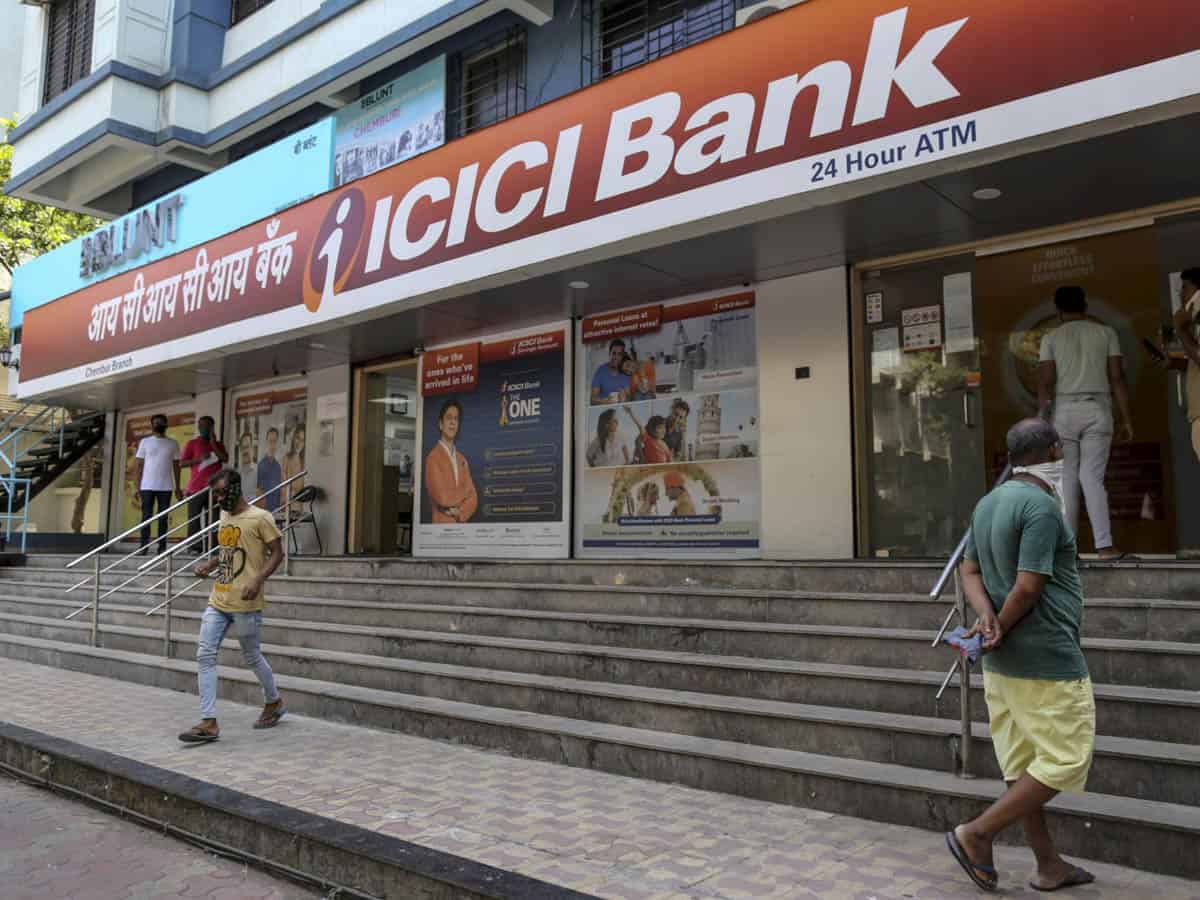New Delhi: Government may ask banks to provide details of interest on interest collected by them for loans exposure of over Rs 2 crore.
This follows the Supreme Court’s observation given on Tuesday where it noted that the RBI and the government have not provided any rationale for the overall borrower’s debt cap of Rs 2 crore for waiver of interest on interest and directed them to provide such relief to borrowers with overall exposure of over Rs 2 crore as well.
Sources said that the government wants to collect individual bank data to assess the total liability on the sector to reimburse interest on interest collected on loan exposure over Rs 2 crore for the period between March-August 2020. This would help it in devising a plan how to reimburse such interest for borrowers who have exposure of over Rs 2 crore with banks.
Initial thinking, said sources in the know, is to look at 50-50 sharing of remaining repayment liability between the Centre and the banks. This would reduce burden on both.
Some bankers have also suggested that IBA/RBI/Government should file a writ petition challenging the court directive to waive interest on interest on loans above Rs 2 crore (except for consolidated exposure).
Centre had last year agreed to credit in the accounts of eligible borrowers the difference between compound interest and simple interest collected on loans of up to Rs 2 crore after the matter reached the Supreme Court.
As per brokerages report, the company’s interest across all lenders is around Rs 14,000 crore. Excluding the relief for loans upto Rs 2 crore (estimated to cost around Rs 6,500 crore), an additional relief of about Rs 7,500 crore will need to be provided to borrowers.
Under the series of pandemic relief measures, the RBI had on March 27, 2020 issued the circular which allowed lending institutions to grant a moratorium on payment of instalments of term loans falling due between March 1, 2020, and May 31, 2020. Later, the moratorium was extended till August 31 this year. However, the same had to be repaid after the moratorium, including payment of compounding interest (interest in interest) on dues for the said period. This was challenged in the court.
For centre, settling this Rs 7,500 additional burden would pose a challenge as its finances are already overstretched given the stimulus measures and less than anticipated levels of revenue collections in wake of the pandemic. For banks also it would mean further strain on their finances as already their NPA level is expected to shoot to post lifting of restriction on accounting for loans turning into NPA post imposition of moratorium on loan repayment.
“The sharing of the liability between the Centre and banks would reduce the load but the court could be re-approached to give a relook at the matter as earlier relief was meant for MSMEs and small borrowers that were affected the most during the lockdown,” said a banking sector analyst asking not to be named.
It is estimated that NPA may rise by over one per cent after banks start recognising loans that were extended moratorium last year.

